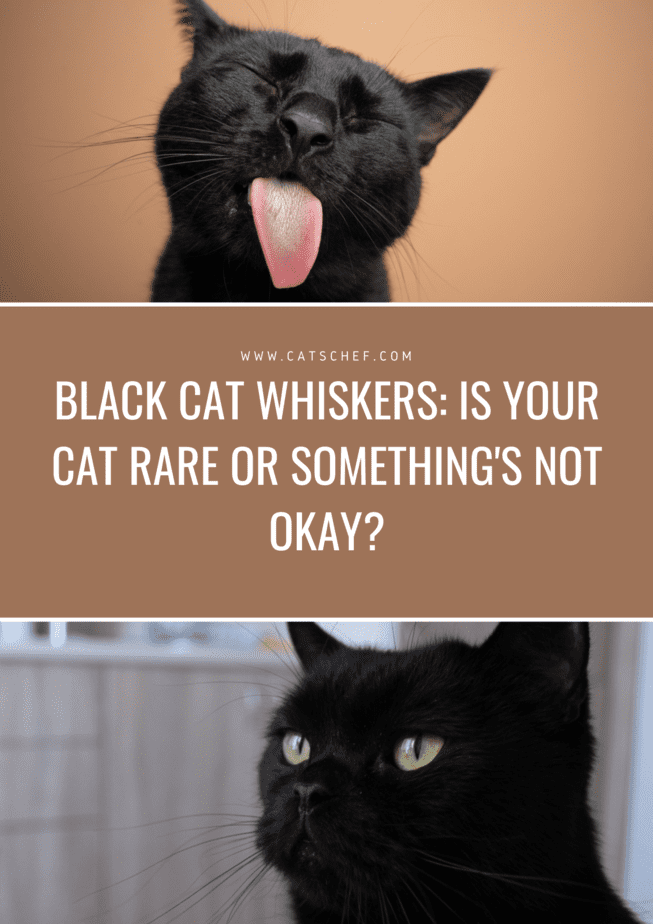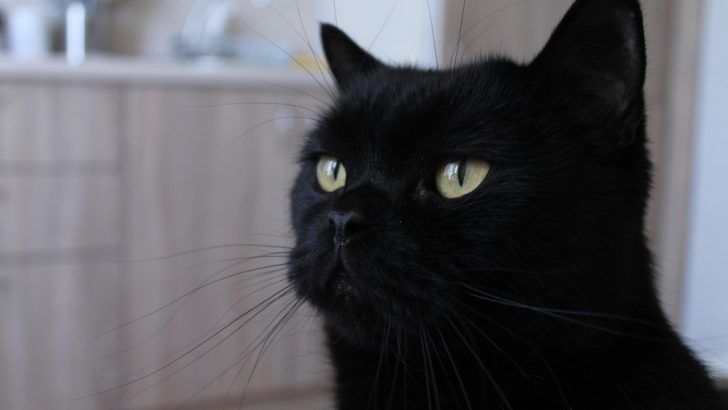As a cat owner, there’s something new you need to learn every day. It’s the most fun full-time job ever. I know you sometimes get scared and spend the night worrying; we all do that. But when it comes to black cat whiskers, there’s nothing to worry about.
To help you understand it more easily, I answered many common questions people usually have. Like “what are cat whiskers”, “why do cats have them”, “should we cut them”, “can they change colors”, and many more interesting facts about them.
I hope you’ll enjoy this quick lesson as much as I did preparing all these answers for you. What are we waiting for? Let’s start.
What are cat whiskers?
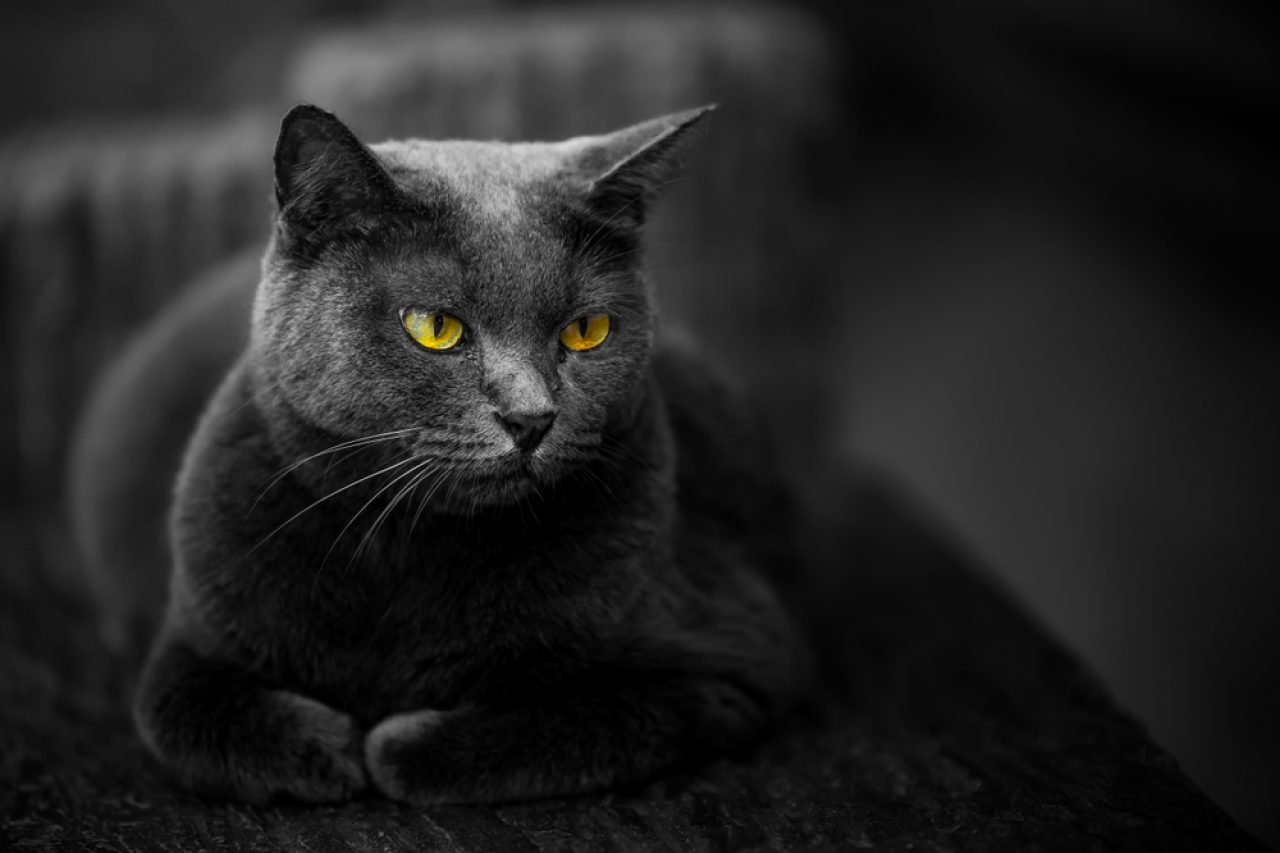
Cat whiskers are probably the most prominent features on your feline’s head. So what are they exactly?
As I’m sure you know, cat bodies are covered with hair, but not all hair is the same. Especially whiskers, as they bulge out and are vastly different than regular cat body hair.
Even though the exact position and the pattern of whiskers vary from breed to breed, the vast majority of cats have them laid out in four rows on each cheek, resulting in 12 whiskers total.
They are advantageously located above the eyes, on the forelegs, on the chin, close to the ears, and above the upper lip.
Whiskers are thicker and rougher than regular hair, but also much more sensitive! The follicles from which they derive are chock-full of nerves and blood vessels, which makes them just as sensitive as a human finger. So while we get our sense of touch from our fingertips, cats get it from their whiskers. Cool, right?
It’s a bit different since they don’t feel things like we do; they collect information with whiskers which they then pass on to sensory cells.
This way cats gain an advantage in many ways. They use their whiskers as radar sensors, as a defense mechanism, as body balancers, and they can even communicate emotions through them.
What determines the color of cat whiskers?
Have you ever paid attention to the color of the whiskers on a cat? If you did not, you should from now on. Here’s why!
Cat whisker color is a fascinating subject. There is a broad range of colors that can be seen on whiskers. Some cats can even have white and black whiskers at the same time.
Cats’ whiskers can even change color as they get older, going from lighter to darker, or from darker to lighter. Change of color doesn’t occur overnight, though. It’s a process that happens over a longer period of time.
The factor that is most prominent when it comes to determining what color the cat’s whiskers will be is the color of the cat’s fur. It’s uncommon to see a black cat with white whiskers and vice versa. What about multi-colored cats, you may ask?
Well, in that case, it’s possible to even see multi-colored whiskers! Your cat may have white whiskers that halfway down turn into a darker shade or some lively tan color. Any combination is possible!
Why do cats have whiskers?
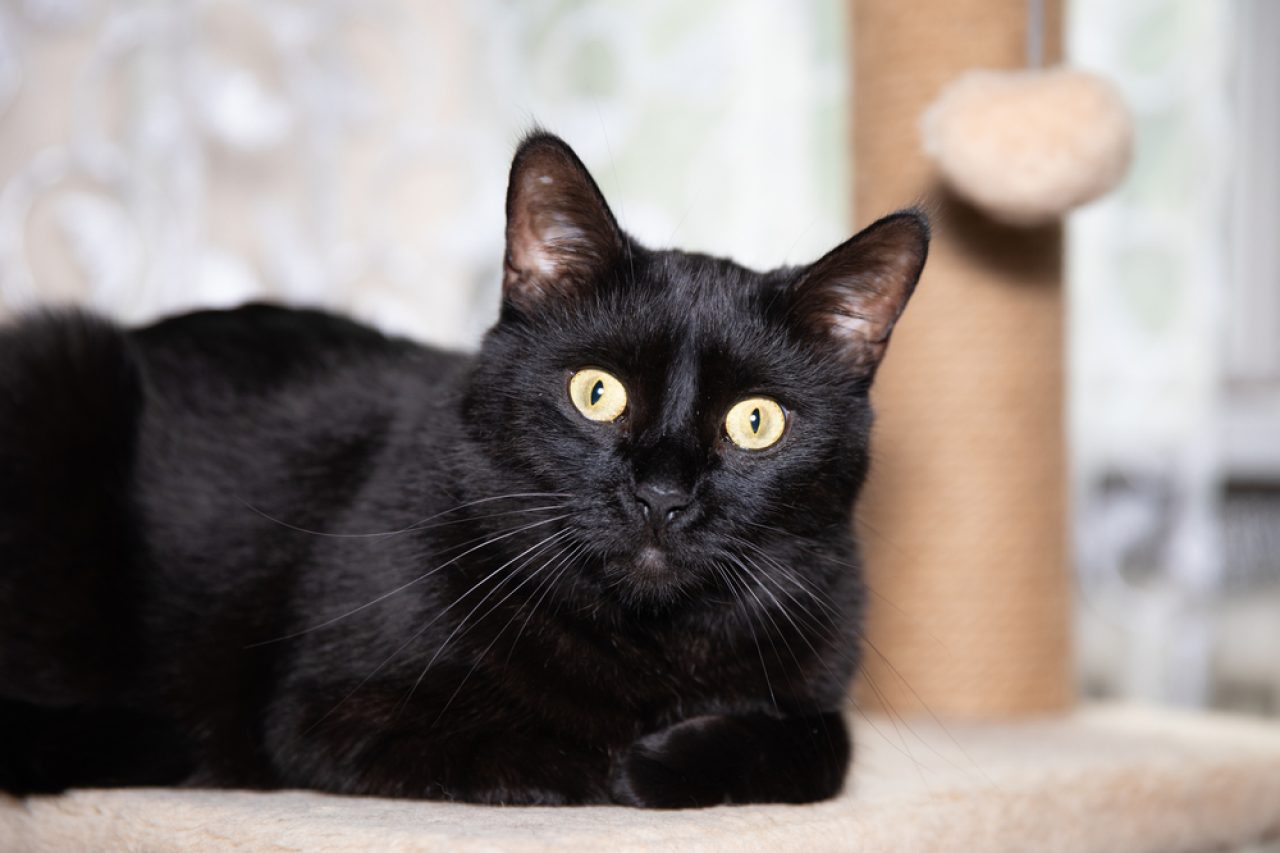
Sure, cat whiskers look cute on them, but as we mentioned, they are more than just fascinating facial features. They serve a purpose, or to be exact, a multitude of them.
Your cat uses whiskers as a helpful tool in a lot of different situations. You can look at them as instruments that guide a cat through her daily quests.
Do you know what proprioceptors are? Those are the cat’s sensory organs whose main job is to send messages to her brain and tell her about the position of the body and limbs. They are located on the tip of a whisker. How do cats always land on their feet? Well, now you have the answer to that.
Whiskers are also great radar sensors, serving almost like antennae that catch even the slightest air vibrations. That is super helpful to cats because they have poor sight when it comes to close-up objects.
It also serves as a great navigator in the dark, so you will hardly see your cat hit a wall when you turn off your lights during the night.
If a cat wants to mark you with a scent, she will rub her whiskers against you, making it easier for her to recognize you later on.
Why are my cat’s whiskers turning black?
It’s not unusual to notice that your cat’s whiskers are getting darker with each passing day. Some people may find that alarming, but there is no need for that.
A change in whisker color is perfectly normal. In the same way, we humans experience changes as we grow older, and so do cats, but that doesn’t necessarily mean something bad is going on.
Black whiskers don’t necessarily indicate that your cat is becoming older. It might also imply that your cat is only recently emerging from the kitten stage. Age causes its whiskers to become darker, but this does not necessarily signal that you will soon have to say farewell to a beloved friend.
When cats are born, the roots of their whiskers are usually found deeper than the pigment layer, and without pigment to harvest, they grow out in white color.
As that changes during the cat’s lifetime, whiskers will catch some amount of pigment, and their whiskers will turn black – sometimes partially, sometimes completely. There are instances where the procedure is the reverse – cats born with black whiskers start to turn white after some time.
What is important to remember is that it is a natural process and that it doesn’t mess with the functionality of your cat’s whiskers. So don’t start running to your veterinarian just yet; think of it as an ordinary aging process, stay calm and let your buddy age gracefully.
I mean, think about it; how great would it be if our hair changed colors like that? We would never have to dye it again, but only cats have that privilege. And it’s just one more thing that makes them so unique and fascinating.
Is it normal that my cat’s losing whiskers?
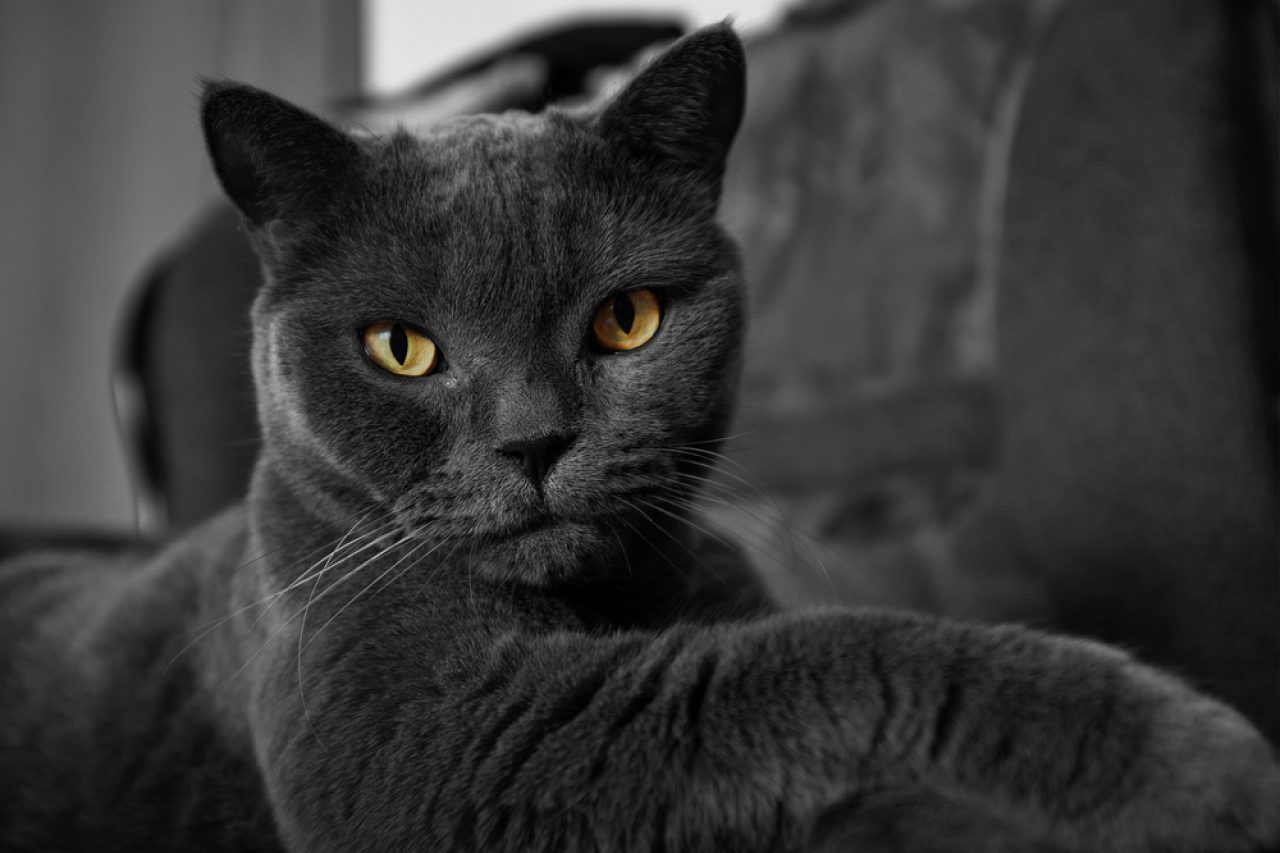
You will ask yourself this question once you find a couple of fallen-out whiskers around the house while cleaning. Don’t worry, there is nothing concerning about that.
As a part of their aging process, cats shed their whiskers and grow new ones. Sometimes the action of regrowing the whiskers might take months, so don’t be alarmed if your cat is without some of her whiskers during that period of time.
The new whiskers might be the same color as the ones before, or they might change the color partially or completely.
The most important thing is that you shouldn’t cut or trim your cat’s whiskers; that would just harm her because it would take away some (or all) of the functionality that the whiskers come with. Even though they may seem long at times, remember that they’re supposed to be that way.
If you trim your cat’s whiskers, it can get confusing for her, or she might be unable to carry out its usual activities. There is no reason for you to change that, so don’t do it. Your cat will in return be much more coordinated and capable of doing more tasks.
Is it possible for an orange cat to have black whiskers?
Here’s what you need to know. The color of your feline’s whiskers won’t be affected by the color of her hair.
Yes, black whiskers are possible on an orange cat. One pigment controls the color of the body’s entire hair, but it imparts a separate hue to the fur and individual hair strands.
The cat’s whiskers are typically white, but they turn black over time. That’s why black, grey, and brown cats can have both, white and black whiskers.
Final words

And we’ve already reached the end. Time really passes quickly when you’re having fun. I hope you learned many new things and that you’ll remember the most important parts of this article. They will definitely help you sleep better at night. The more you know, the less time you’ll spend on unnecessary worries.
Cats need their whiskers so no matter how long they get we should never cut them. If we do we might mess something up. Don’t worry if you see any black cat whiskers, they are not pointing out any alarming situations. And don’t get surprised if you see a few of them on the floor, new ones will grow.
Congratulations on being a responsible cat owner! Your fluffy buddy is truly happy and thankful for having you.
